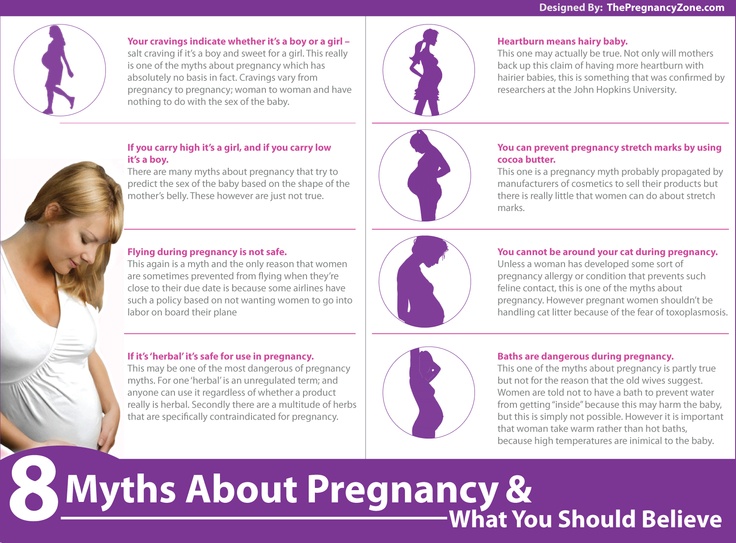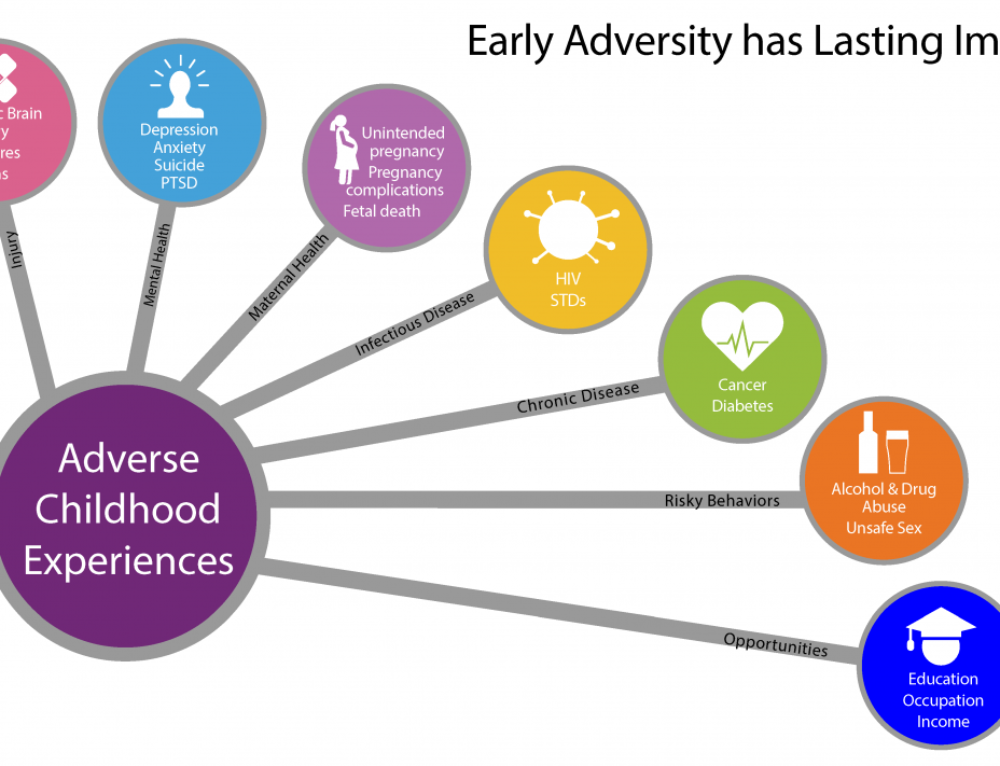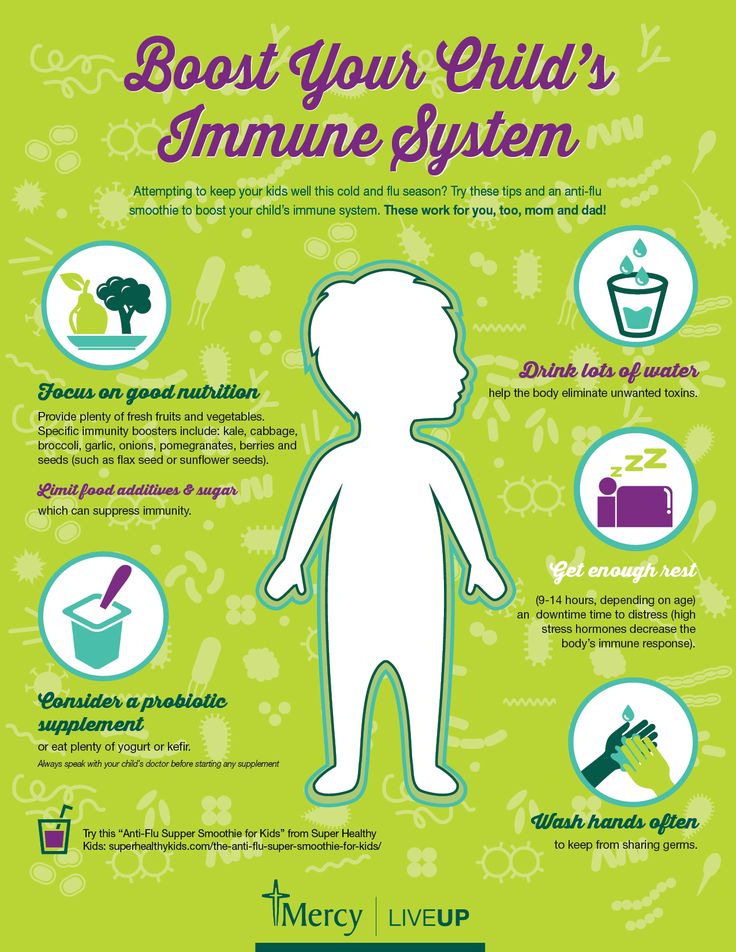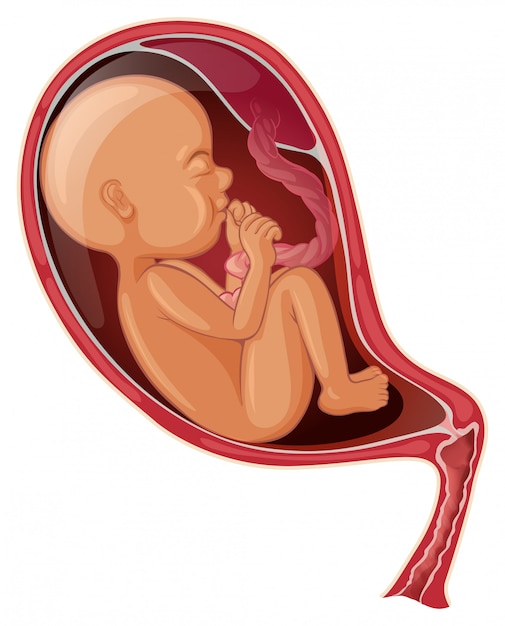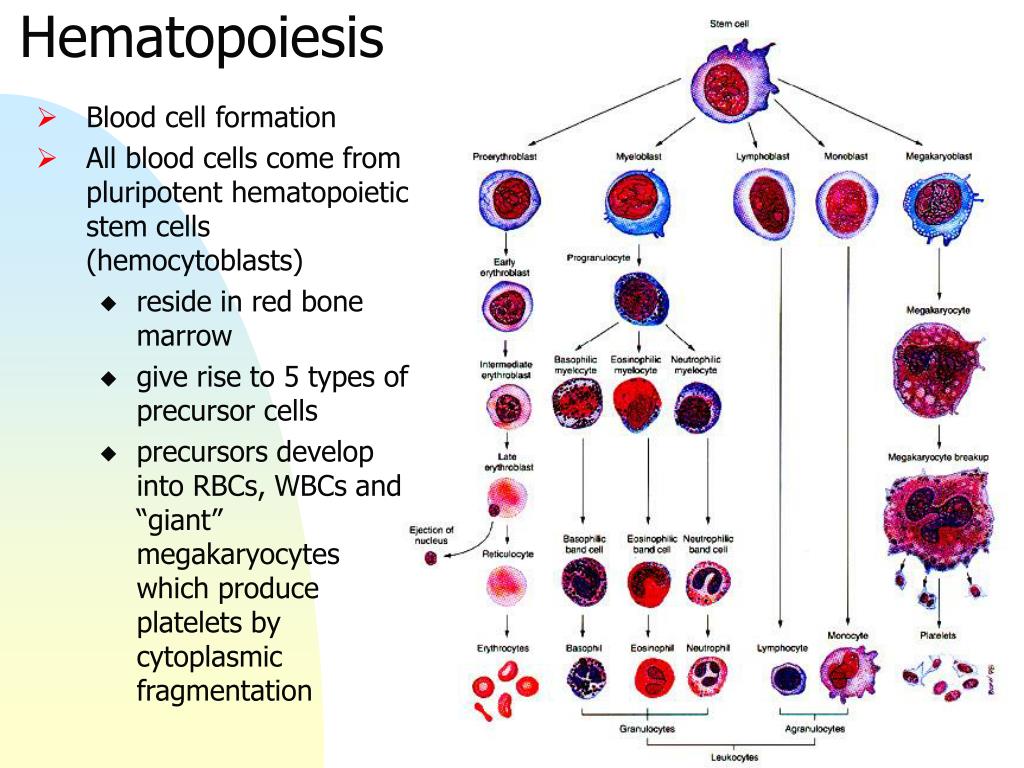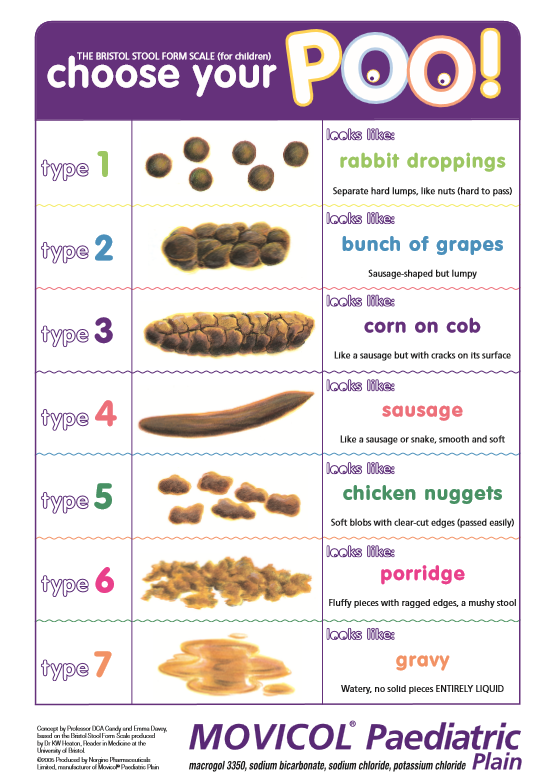Cravings for pregnancy
All About Pregnancy Cravings and When They Start
Pregnancy cravings may conjure up the image of sneaking out into the kitchen in the middle of the night to eat a pint of ice cream with pickles. Does this sound like you? You may experience varying food cravings (such as for salt, spicy, or sweet foods) during pregnancy, as each expectant mom is unique. Or you might find yourself repulsed by a smell or flavor you loved a few months earlier. Read on to learn more about this common pregnancy phenomenon.
What Are Pregnancy Food Cravings and What Causes Them?Food cravings during pregnancy are generally nothing to worry about, and you can indulge in some chocolate, potato chips, or ice cream (or a combination of all three) in moderation during your pregnancy. So, why do pregnancy cravings happen? If you’re wondering what causes them, here are two possible reasons women might experience cravings during pregnancy:
They may signal changes in your body’s nutritional needs
They may also be linked to a surge in pregnancy hormones.
Related pregnancy tool
Fill out your details:
Pre-pregnancy weight (lbs.)
This is a mandatory field.
Height (ft.)
This is a mandatory field.
Height (in.)
Current week of pregnancy (1 to 40)
This is a mandatory field.
Tick the box
I'm expecting twins
What Are Pregnancy Food Aversions?During pregnancy, you might suddenly find yourself unable to tolerate the taste or smell (or both) of a certain food, even if this was something you originally liked—coffee and fried foods are frequent offenders. But otherwise, food aversions don’t have any specific underlying meaning.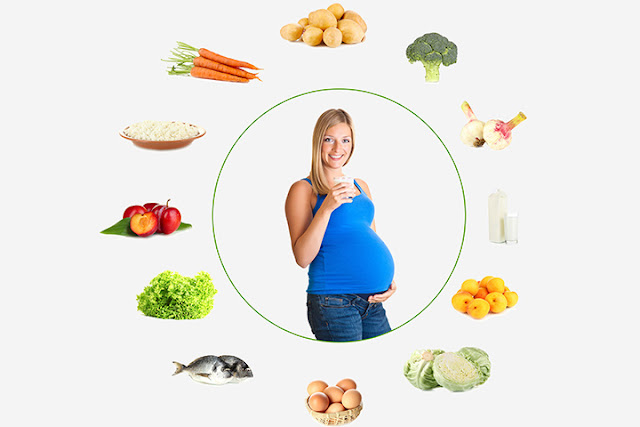 Here are two possible medical reasons food aversions may occur during your pregnancy:
Here are two possible medical reasons food aversions may occur during your pregnancy:
Some pregnant women become more sensitive to certain smells and tastes due to changes in hormone levels. This distaste may also be accompanied by an increase in salivation, which is common with nausea linked to morning sickness.
Early in pregnancy, some women may have a mild metallic taste in their mouths, which can contribute to certain food aversions.
Early on in your pregnancy you may be wondering, when do pregnancy cravings start? Food cravings and aversions can be early signs of pregnancy, appearing in the first trimester.
Food cravings are likely to disappear (and food aversions likely to lessen) in the fourth month of pregnancy. If your food cravings continue, it could be a sign of iron deficiency, which can lead to anemia. Consult your healthcare provider if your food cravings continue into the second trimester of your pregnancy and if you have any questions regarding iron supplementation during your pregnancy.
As you’ve probably guessed, food cravings during pregnancy are highly individual. Some women’s cravings may run the gamut from sweet to savory and other women may have no cravings during pregnancy.
You may not be adding sardines to your pistachio ice cream with hot fudge like Lucille Ball, but you may still be experiencing sudden and sometimes strange food cravings, especially late at night. Here are the 10 most common food cravings women experience during pregnancy according to research:
Sweets (chocolate, candy)
Savory high-calorie carbohydrates (pizza, chips)
Animal protein (steak, chicken)
Fruit
Savory high-calorie dairy (cheese, sour cream)
Carbohydrates (pretzels, cereal)
Fast food (Chinese, Mexican, falafel)
Cold foods (ice pops, slushies)
Vegetables
Sweet high-calorie dairy (ice cream, milkshakes).
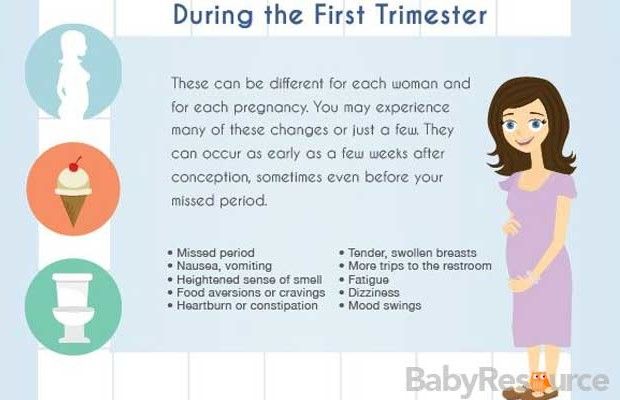
You may be wondering whether your specific food craving is a signal from your body that it needs a certain nutrient or food during your pregnancy.
The fact that you crave a certain food doesn’t necessarily mean your body needs it. So, no matter how hard you hoped it were true (as you finished off a pint of ice cream), there are no scientific connections between pregnancy cravings and specific foods. Nor is there a good answer to the age-old question “Why do pregnant women crave pickles?”
What to Do About Food Cravings During PregnancyAs long as you’re following your pregnancy diet, eating a variety of healthy foods, and getting the nutrients you and your baby need, there’s no reason to be concerned about the sporadic food craving.
It’s completely OK to indulge your cravings now and then.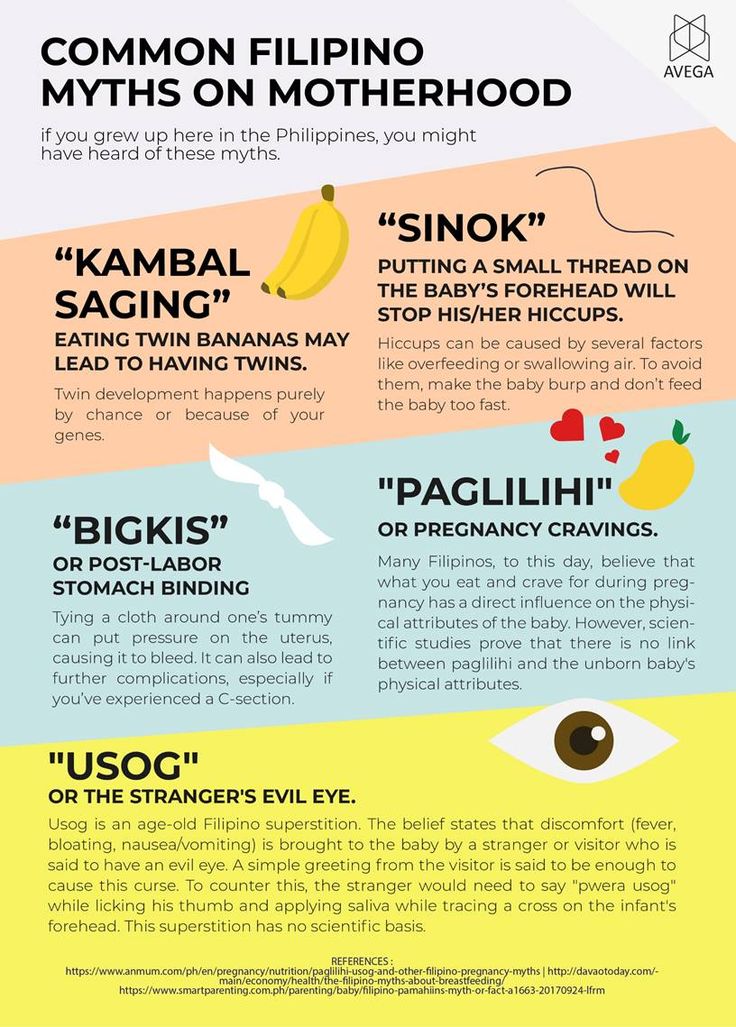 But try to avoid using your food cravings as an excuse to overeat or to focus on unhealthy food. It can easily lead to compromising your own nutrition as well as your developing baby’s.
But try to avoid using your food cravings as an excuse to overeat or to focus on unhealthy food. It can easily lead to compromising your own nutrition as well as your developing baby’s.
Nevertheless, there are times when you just can’t stop wanting a particular food. Here are six ways to manage cravings and lessen their effect on you.
Take your mind off food. Take a long walk, read a good book, or chat with a friend on the phone.
Avoid falling into the “eating for two” trap. Eating for two doesn’t mean literally eating as much food as two people would eat. Instead, it means that the food you eat is nourishing your baby, too. So, eat only when you’re hungry, not necessarily when you’re having a sudden craving.
Drink water. Oftentimes, you may think you’re hungry, but you’re actually thirsty. Stay hydrated by drinking lots of water throughout the day.
Avoid mindless eating. Take your time eating food and savor every bite.
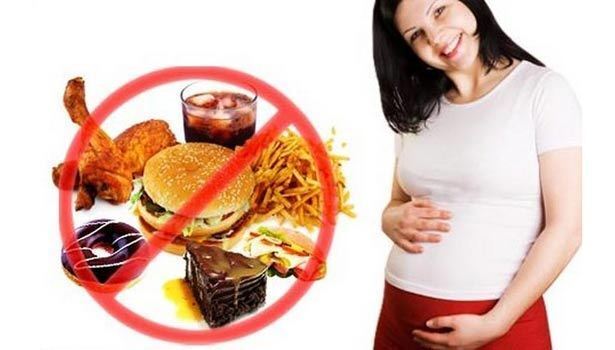 Avoid eating quickly, eating while working or watching TV, and eating on the run.
Avoid eating quickly, eating while working or watching TV, and eating on the run.Plan meals in advance. Think about what you’d like to eat in advance. Plan your breakfast, lunch, and dinner, as well as those in-between snacks. Choose healthy items, and you’re more likely to look forward to what you know you’ll be eating instead of seeking out unhealthy foods to satisfy the random craving.
Monitor your stress levels. It’s easy to get stressed during a pregnancy, and even lose some sleep over it. Stress and general moodiness from lack of sleep can lead to food cravings, and you may be tempted to soothe your nerves with food. To manage stress, try meditation or light exercise.
So, what might you do when a craving hits? You could give in and just have whatever you’re craving in a small to moderate amount. Or, if it’s a food item that isn’t all too healthy, you might think about replacing it with a healthier yet still satisfying version.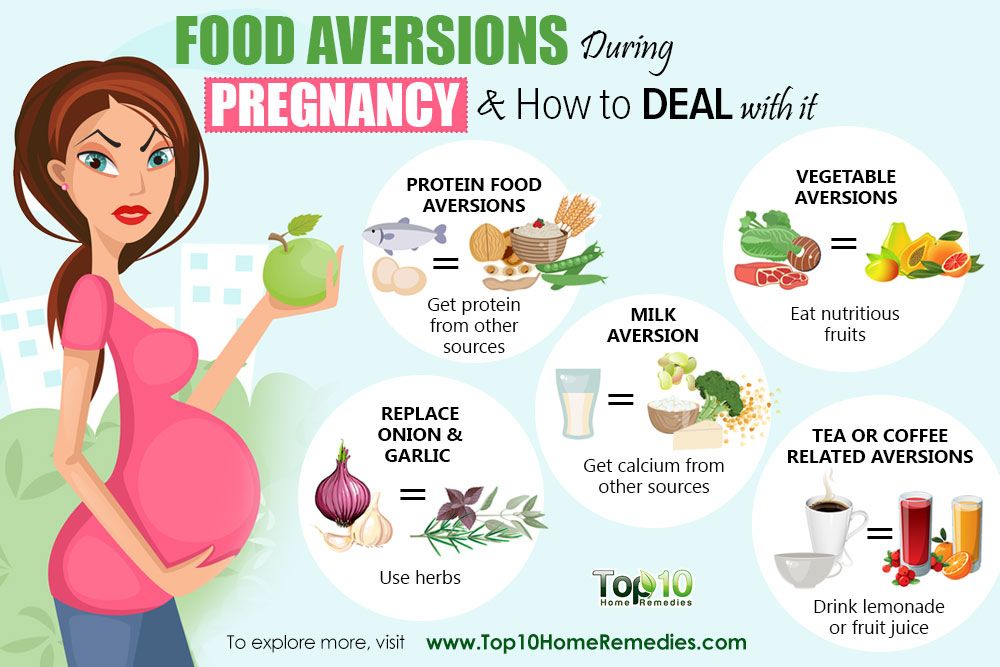 Here are some tips and options you might like to try when a specific food craving hits:
Here are some tips and options you might like to try when a specific food craving hits:
Ice cream. If you’re craving classic ice cream, how about replacing it with low-fat frozen yogurt, or with plain Greek yogurt sweetened with fruit preserves, applesauce, or honey? These healthier options are sure to hit the spot!
Potato chips/fries. Who doesn’t love salty potato chips and fries? Problem is, eating a lot of potato chips isn’t the healthiest option, especially since they’re laden with fryer oil. So, instead go for baked sweet potato chips/fries or baked vegetable chips, which are somewhat better. If you own an air-fryer, you might like to try air-frying your own homemade chips and fries. Or, for something different, switch to unsalted or lightly salted popcorn. Unsalted or lightly salted nuts are another healthier option, too.
Cookies. Having a cookie now and then won’t do you any harm, but if you find yourself craving them way too often, you might think about a healthier replacement.
 How about a sugar-free version of your favorite cookie? Or try something different like whole-grain crackers spread with a little peanut butter. You’ll still get the crunch factor of a cookie and a little sweetness and nuttiness from the peanut butter, which is a good alternative source of protein, too.
How about a sugar-free version of your favorite cookie? Or try something different like whole-grain crackers spread with a little peanut butter. You’ll still get the crunch factor of a cookie and a little sweetness and nuttiness from the peanut butter, which is a good alternative source of protein, too.Chocolate. It’s OK to indulge in a few squares of chocolate as long as you don’t eat the entire bar—oops, you already did!? That’s OK, but instead of highly sweetened milk chocolate, opt for healthy dark chocolate (70 percent or higher), keeping in mind that dark chocolate also contains caffeine, which is better to limit during pregnancy. You might like to try dark chocolate-covered pretzels or pairing a square of dark chocolate with a handful of fresh berries—a fantastic flavor combo!
Bread, pasta, and cereal. Some people are carb people—and we love them! But instead of indulging in those soft white dinner rolls or using the classic white sandwich bread for your turkey club, choose bread with higher nutritional value and fiber, like whole-grain bread.
 It may not be what you’re used to, but it will keep you fuller for a longer time, which may lead to fewer cravings during the day. And, if you’re craving pizza, try one made with whole-wheat crust. If you’re craving pasta, opt for whole-grain varieties just as you would with bread. The same goes for cereal cravings you may be experiencing while pregnant—chose low sugar, high-fiber, whole-grain kinds.
It may not be what you’re used to, but it will keep you fuller for a longer time, which may lead to fewer cravings during the day. And, if you’re craving pizza, try one made with whole-wheat crust. If you’re craving pasta, opt for whole-grain varieties just as you would with bread. The same goes for cereal cravings you may be experiencing while pregnant—chose low sugar, high-fiber, whole-grain kinds.Fast food. Nearly everyone yearns for fast food now and then, and it’s tempting to give into this craving when you’re pregnant. However, fast foods—whether Chinese food, Mexican food, or the classic cheeseburger—aren’t healthy. They’re loaded with trans fats and sugary sauces. So, if you can, why not try cooking your version of your favorite stir-fry, enchiladas, or grilled burger at home? You’ll satisfy your craving in a much healthier way and have no leftover guilt about it.
Soda. Sweet sodas do taste great now and then but drinking them regularly isn’t healthy.
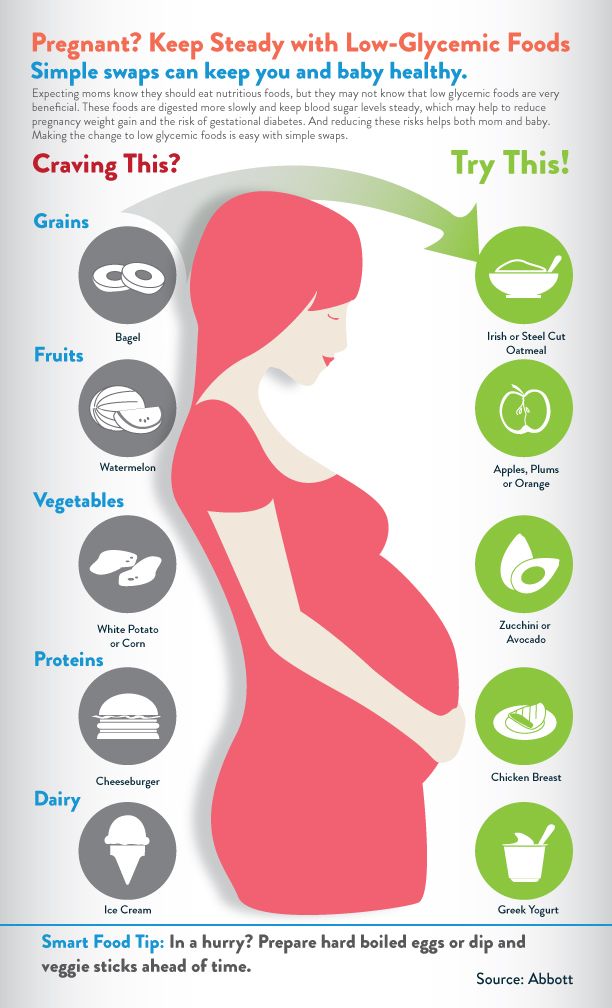 Instead try seltzer flavored with lemon or lime, mint, grated ginger, berries, or sliced cucumber. If that still doesn’t appeal to you, you could flavor the seltzer with sugar-free flavor drops in a variety of your favorite flavors. Think of this as your personal pregnancy craving mocktail! It’s important to avoid alcohol, however, as it’s unsafe to drink while pregnant.
Instead try seltzer flavored with lemon or lime, mint, grated ginger, berries, or sliced cucumber. If that still doesn’t appeal to you, you could flavor the seltzer with sugar-free flavor drops in a variety of your favorite flavors. Think of this as your personal pregnancy craving mocktail! It’s important to avoid alcohol, however, as it’s unsafe to drink while pregnant.
Some women may experience a craving for non-food items like laundry detergent, dirt, clay, ashes, paint chips, or ice during pregnancy. This is a condition called pica, which may be a sign of a nutritional deficiency.
If you have the urge to eat non-food items, such as the ones mentioned above, consult your healthcare provider immediately, and do not give into these cravings; they may be harmful for both you and your baby.
The Bottom LinePregnancy cravings are normal and can even be odd sometimes.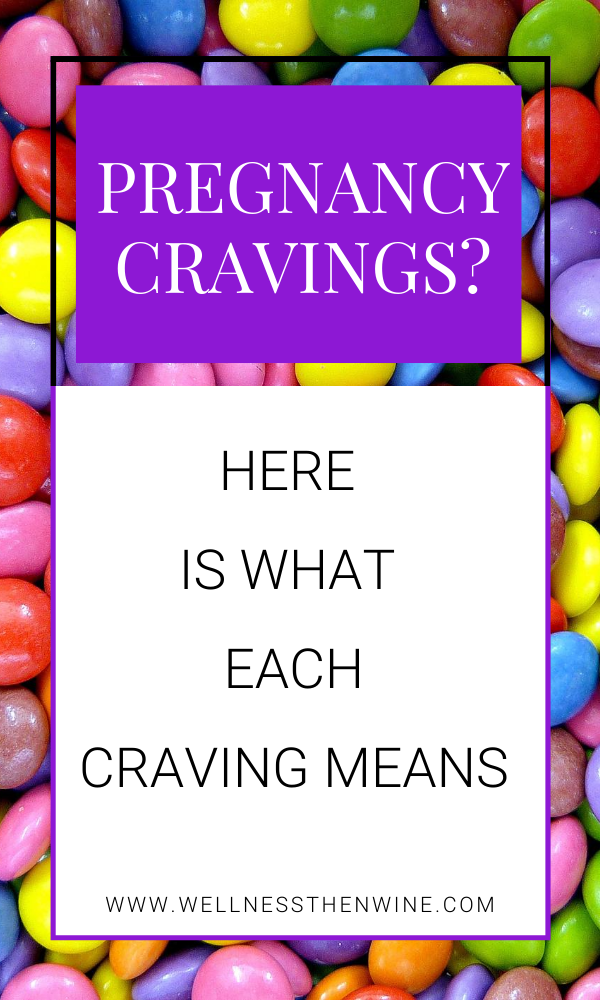 You’ll probably even have a few amusing pregnancy craving stories of your own to share with family and friends. If you’re interested in learning more about food, nutrition, and your pregnancy, check out our Nutrition During Pregnancy guide.
You’ll probably even have a few amusing pregnancy craving stories of your own to share with family and friends. If you’re interested in learning more about food, nutrition, and your pregnancy, check out our Nutrition During Pregnancy guide.
Keep in mind that as long as you’re getting all the nutrition you and your baby need, indulging in a pregnancy craving and treating yourself occasionally is totally acceptable, and there’s no need to feel any guilt.
In the meantime, this is a great time to download the Pampers Club app. Stock up on diapers and wipes ahead of your baby’s birth and get cash back for all your purchases!
Food cravings during pregnancy | Pregnancy Birth and Baby
Food cravings during pregnancy | Pregnancy Birth and Baby beginning of content4-minute read
Listen
What are food cravings?
Food cravings are sudden urges to eat a certain type of food or non-food (pica). They are a real experience and affect many females during pregnancy.
They are a real experience and affect many females during pregnancy.
Sometimes you might crave common foods such as chocolate cake or apples. Sometimes you might want to eat unusual food combinations or a foods that you normally don’t like.
Common food cravings include ice cream, chocolate, other sweet foods, fish, dairy products, and fruit.
Why do cravings develop?
No one really knows why food cravings develop. However, there is no evidence of a link between cravings and nutrient deficiency.
Many pregnant women also develop a sudden dislike for certain strong-tasting and strong-smelling foods.
Food cravings and sudden food dislikes may have something to with the effects of pregnancy hormones, which can change the way some foods taste and smell.
What to do about food cravings
It is OK to give in to the occasional food craving, as long as you continue to eat a good variety of healthy foods.
If you are craving a lot of unhealthy foods, such as sweets or chocolate, try not to over-indulge.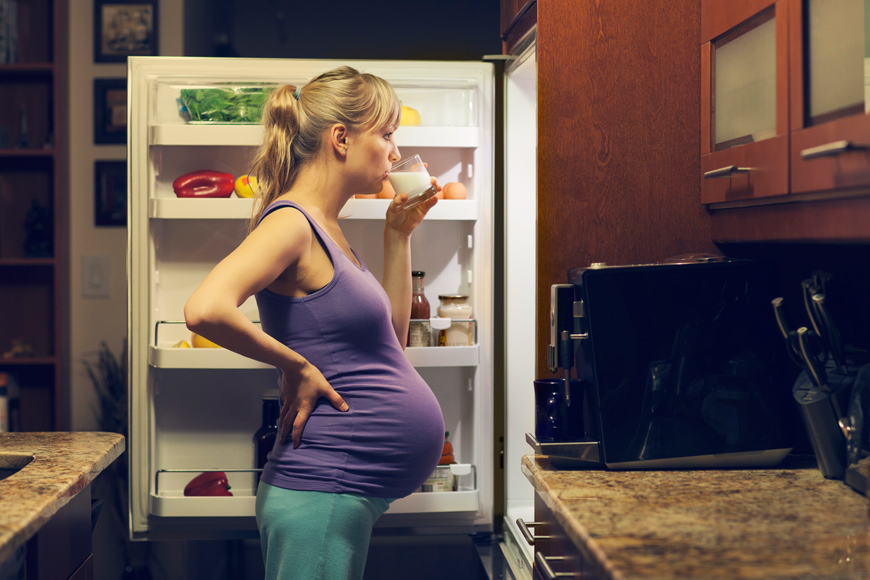 Too much sugar can cause excessive weight gain and dental problems. Also, if you have gestational diabetes, it won’t help you manage your condition.
Too much sugar can cause excessive weight gain and dental problems. Also, if you have gestational diabetes, it won’t help you manage your condition.
Your doctor, midwife, dietitian or maternal and child health nurse can provide more information about healthy weight gain during pregnancy. Generally, a healthy weight gain during pregnancy is 5kg to 12kg, depending on your starting weight.
Some tips for managing cravings
The following suggestions will help you to manage your food cravings:
- eat regular, healthy meals, to help prevent sudden feelings of hunger
- keep your pantry stocked with healthy snacks
- don’t do the grocery shopping when you are hungry
- choose healthy, low glycaemic index (GI) foods that keep you full for longer (such as unsweetened rolled oats (porridge), wholegrain breads, baked beans, and fresh fruit)
- get plenty of sleep (research has shown that people who are sleep deprived tend to crave junk food more often than healthy foods)
- remain physically active
- drink plenty of water
- clean your teeth regularly
If you would like to learn more about nutritional needs during your pregnancy you can see a dietitian.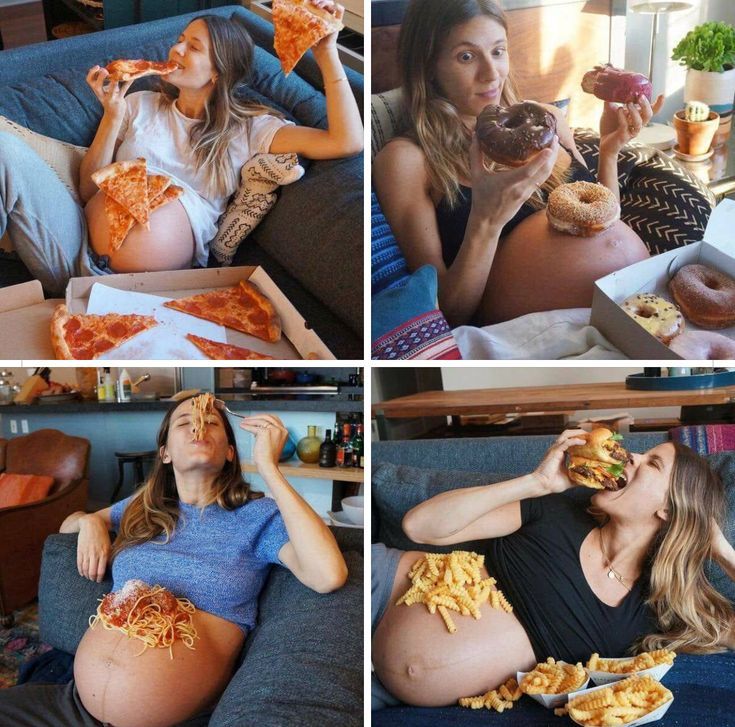
What foods should I avoid?
When you are pregnant, there are a few foods that you should avoid.
Things like:
- raw or unpasteurised dairy products
- soft cheeses e.g. brie, goats cheese
- sushi
- raw eggs
- pate, meat spreads and smoked seafood
- ready to eat sliced deli meats
- undercooked food – especially meat
These can contain harmful bacteria, including salmonella and E. coli. and lead to harmful illnesses such as listeria or toxoplasmosis.
Make sure you prepare and store foods safely.
Read more about the foods to avoid during your pregnancy.
Alcohol
There is no safe level of alcohol that you can drink during your pregnancy. Alcohol can harm your unborn baby.
Whether you are planning a pregnancy, already pregnant or breastfeeding, not drinking is the safest option.
Non-food cravings
Some pregnant women develop a craving to eat substances that are not food, such as chalk, clay, laundry starch or soap. This is a condition called pica.
This is a condition called pica.
Pica may indicate a mineral deficiency or severe anaemia. Pica is rare in well-nourished women from developed countries such as Australia.
See your doctor, midwife, or nurse if you develop cravings for non-food items.
Speak to a maternal child health nurse
Call Pregnancy, Birth and Baby to speak to a maternal child health nurse on 1800 882 436 or video call. Available 7am to midnight (AET), 7 days a week.
Sources:
NSW Health (Common concerns in pregnancy), Australian Government Department of Health (Your Healthy Pregnancy), Dietitians Australia (Pregnancy and breastfeeding), Australian Government Department of Health (Healthy eating during your pregnancy)Learn more here about the development and quality assurance of healthdirect content.
Last reviewed: June 2022
Back To Top
Related pages
- Healthy diet during pregnancy
- Foods to avoid when pregnant
- Alcohol and pregnancy
- Food preparation and safety
- Guide to food and drink during pregnancy
Need more information?
Healthy diet during pregnancy
A healthy diet is an important part of a healthy lifestyle at any time, but especially vital if you're pregnant or planning a pregnancy.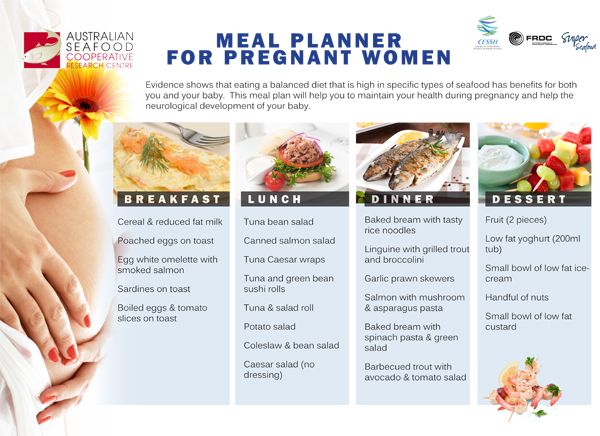
Read more on Pregnancy, Birth & Baby website
Pregnancy health & wellbeing | Raising Children Network
Pregnant? Here’s all you need to stay healthy during pregnancy, including tips for healthy diet and lifestyle and a guide to pregnancy health care.
Read more on raisingchildren.net.au website
Having a healthy pregnancy
Having a healthy pregnancy means following a healthy diet, getting regular exercise, knowing what to avoid and making sure your vaccinations are up to date. Find out more here.
Read more on Pregnancy, Birth & Baby website
Pregnancy and Healthy Eating
It’s especially important to eat healthy food during pregnancy and while breast feeding.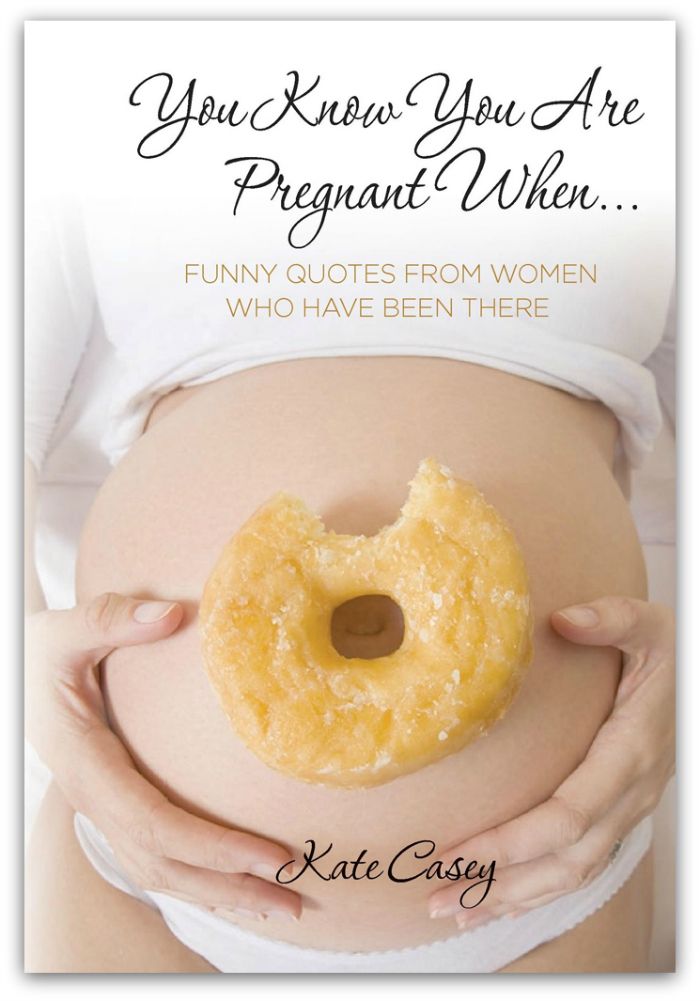
Read more on Healthy Eating Active Living NSW website
Pregnancy healthy eating in pictures | Raising Children Network
Healthy eating for pregnancy means lots of fruit, vegetables and foods with calcium, protein and iron. Avoid sugary, fatty foods, and drink plenty of water.
Read more on raisingchildren.net.au website
Pregnancy: illustrated guides | Raising Children Network
Parenting in pictures provides step-by-step guides to pregnancy topics such as healthy eating, pelvic floor exercises and more.
Read more on raisingchildren.net.au website
Appetite changes and food aversions during pregnancy
It’s common to experience food cravings or a food aversion during pregnancy.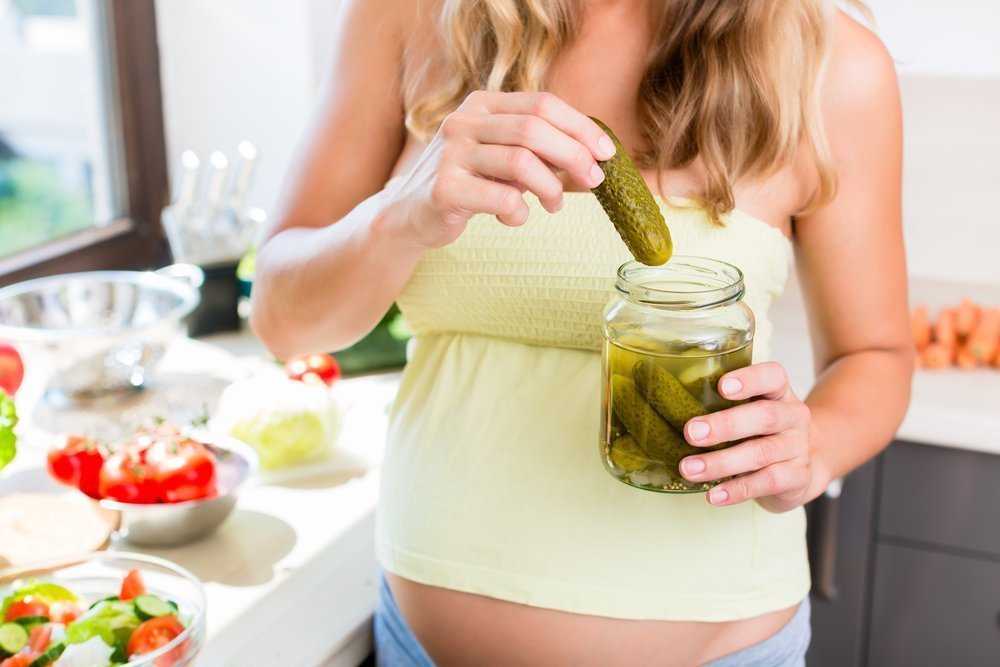 Find out how to ensure you continue to eat healthily if this affects you.
Find out how to ensure you continue to eat healthily if this affects you.
Read more on Pregnancy, Birth & Baby website
Healthy eating when you’re pregnant or breastfeeding | Eat For Health
Eating well during pregnancy and while breastfeeding has health benefits for you and your baby.
Read more on NHMRC – National Health and Medical Research Council website
Gi and Pregnancy | GI Foundation
Home / Gi Health Benefits / Gi and Pregnancy Gi and Pregnancy Following a healthy low Gi diet during pregnancy helps protect your child’s future health and improves health and wellbeing for lifelong benefits
Read more on Glycemic Index Foundation website
Pregnancy and diet - Better Health Channel
Good nutrition during pregnancy can help to keep you and your developing baby healthy.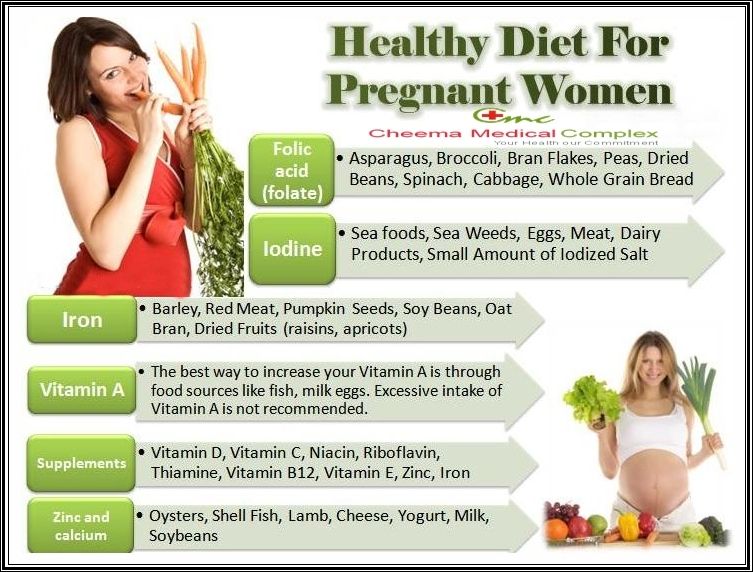
Read more on Better Health Channel website
Disclaimer
Pregnancy, Birth and Baby is not responsible for the content and advertising on the external website you are now entering.
OKNeed further advice or guidance from our maternal child health nurses?
1800 882 436
Video call
- Contact us
- About us
- A-Z topics
- Symptom Checker
- Service Finder
- Linking to us
- Information partners
- Terms of use
- Privacy
Pregnancy, Birth and Baby is funded by the Australian Government and operated by Healthdirect Australia.
Pregnancy, Birth and Baby is provided on behalf of the Department of Health
Pregnancy, Birth and Baby’s information and advice are developed and managed within a rigorous clinical governance framework. This website is certified by the Health On The Net (HON) foundation, the standard for trustworthy health information.
This site is protected by reCAPTCHA and the Google Privacy Policy and Terms of Service apply.
This information is for your general information and use only and is not intended to be used as medical advice and should not be used to diagnose, treat, cure or prevent any medical condition, nor should it be used for therapeutic purposes.
The information is not a substitute for independent professional advice and should not be used as an alternative to professional health care. If you have a particular medical problem, please consult a healthcare professional.
Except as permitted under the Copyright Act 1968, this publication or any part of it may not be reproduced, altered, adapted, stored and/or distributed in any form or by any means without the prior written permission of Healthdirect Australia.
Support this browser is being discontinued for Pregnancy, Birth and Baby
Support for this browser is being discontinued for this site
- Internet Explorer 11 and lower
We currently support Microsoft Edge, Chrome, Firefox and Safari. For more information, please visit the links below:
- Chrome by Google
- Firefox by Mozilla
- Microsoft Edge
- Safari by Apple
You are welcome to continue browsing this site with this browser. Some features, tools or interaction may not work correctly.
Cravings during pregnancy: Responsible neural mechanisms identified
- Women's Team
- Women's news
Cravings for sugary and high-calorie foods are very common during pregnancy and may contribute to the maintenance and development of overweight or gestational obesity.
 Recently published in the journal Nature Metabolism. , A new study provides data on changes in neuronal activity that trigger food cravings during pregnancy. nine0015
Recently published in the journal Nature Metabolism. , A new study provides data on changes in neuronal activity that trigger food cravings during pregnancy. nine0015 Un estudio , led by researchers from the IDIBAPS-Fundació Clínic (Institut d'Investigacions Biomèdiques August Pi i Sunyer), showed that pregnancy causes a reorganization of the circuits associated with motivation and desire that encourage the consumption of sweet and high-calorie foods.
Findings from a study by Dr. Mark Claret and Dr. Roberta Haddad-Tovolli could help improve clinical nutrition guidelines for pregnant women to ensure adequate prenatal nutrition and prevent disease. nine0019
“There are many myths and popular beliefs about food cravings, although the neural mechanisms responsible for their occurrence are poorly understood,” explains Dr. Marc Claret, professor at the Faculty of Medicine and Health at the University of Barcelona.
According to the results of studies conducted on female mice, the functional connections of reward circuits, as well as taste and sensorimotor centers, undergo changes in the brain during pregnancy.
Like pregnant women, female mice are more sensitive to sweets and develop compulsive eating behaviors for high-calorie foods. “Changing these structures led us to investigate one of the signaling pathways of dopaminergic neurons. Dopamine is a key neurotransmitter in motivation or desire behavior,” Claret says. nine0019
It is important to note that this behavior may have long-term consequences for offspring, leading to glucose intolerance, weight gain, and increased susceptibility to developing eating disorders and anxiety behaviors in adulthood.
Pregnancy Feeding Advice
It is important to eat a varied, balanced and natural diet divided into 4 or 5 meals a day to get the vitamins and minerals you need to meet your and your baby's nutritional needs during pregnancy. pregnancy .
- Fruits and vegetables, whole grains, legumes and nuts contain fiber that helps prevent constipation problems.
- Eat meat, fish, eggs, or legumes at your main meals to get an adequate supply of protein.

- For the proper development of your child, eat vegetables such as chard, spinach, green beans, asparagus or escarole.
- Prioritize rice, pasta, potatoes, or bread (slow-digesting complex carbohydrates), and if they are whole, they are much better. nine0006
- Drink milk or vegetable drinks fortified with calcium.
- Olive oil, nuts, avocados and small blue fish provide healthy fats (omega-3 and 6) and reduce the risk of cardiovascular disease and diabetes.
- Eat small, freshwater, or farmed fish (the least contaminated with mercury) to ensure proper intake of omega-3s and 6s in addition to other nutrients.
Women next to you
If you need more information or have any questions, feel free to contact us:
Whatsapp: 34 934 160 606
email: [email protected]
This website uses cookies for you to have the best user experience.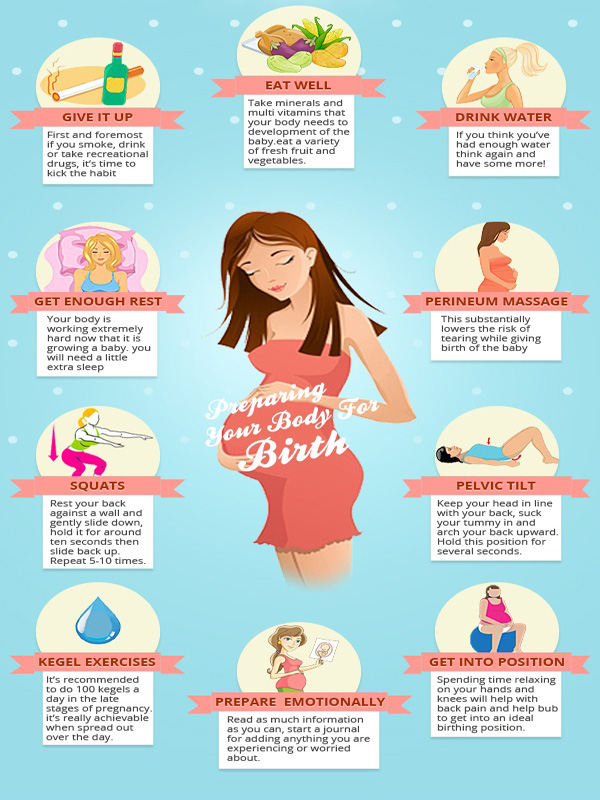 If you continue browsing, you consent to the acceptance of the aforementioned cookies and acceptance of our cookies policy. Click on the link for more information. Plugin 9 Cookies0019
If you continue browsing, you consent to the acceptance of the aforementioned cookies and acceptance of our cookies policy. Click on the link for more information. Plugin 9 Cookies0019
good
Cookie notice
Cravings during pregnancy: myth or fact?
Almost everyone believes that this is a common occurrence associated with pregnancy cravings.
There are many myths about pregnancy. Among them, traction is often discussed. Let's find out more about them and find out if they are a myth or a reality.
Craving is defined as a strong appetite and is unlikely to be meaningless for some nutrition. Cravings can be sweet, refreshing, unusual, or aberrant in a normal diet. nine0017 Women are in constant hormonal change which may be indicative but has no scientific basis. There may be psychological reasons, anxiety …, Or wishes for attention and body care.
Almost everyone thinks that pregnant women have food cravings, from mouth-watering strawberries and cream to wild combinations like pickles and chocolate. The figure of the father always appears, the one who, at odd hours, gives his beloved the opportunity to enjoy a moment of gastronomic pleasure. nine0019
The figure of the father always appears, the one who, at odd hours, gives his beloved the opportunity to enjoy a moment of gastronomic pleasure. nine0019
Index
- 1 History of thrust
- 2 more frequent addictions
- 3 features of the thrust
- 3.1 Truth
- 4 Relations between the desire and weight gain
- 5 How to deal with the thrust?
History of cravings
Some pregnant women crave certain foods, which can happen to other people at any point in their lives and without further complications. What is convenient is to be moderate in this regard, i.e. you can not give free rein to desires and eat uncontrollably whatever you want. In health, especially for the expectant mother in the first place.
Around the 60s and 70s, something affected the proper nutrition of pregnant women, which negatively affected the development of children.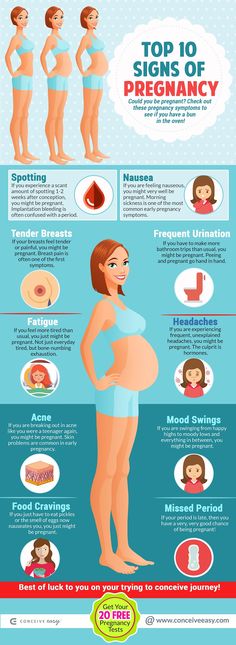 Years later The idea that pregnant women should overeat was still there to prevent it from happening again.
Years later The idea that pregnant women should overeat was still there to prevent it from happening again.
Today, pregnant women are fully supervised, they are even advised to gain weight and informed about the list of the most harmful foods for 9months. At this time, it may happen that during pregnancy the so-called “hunger hormone” is increased. This contributes to the regulation of energy metabolism.
More frequent cravings
The sweet taste of chocolate or pastry transcends the taste aspect and reaches the pregnant woman's brain for pleasure.
El sweet taste surpasses the taste aspect and reaches the brain of a pregnant woman, giving pleasure That's why chocolate or pastries are so popular among pregnant women, and not only for them. nine0017 Some examples :
- Ice : When taken, heat is better tolerated and they provide sugar. Cold helps with annoying nausea.
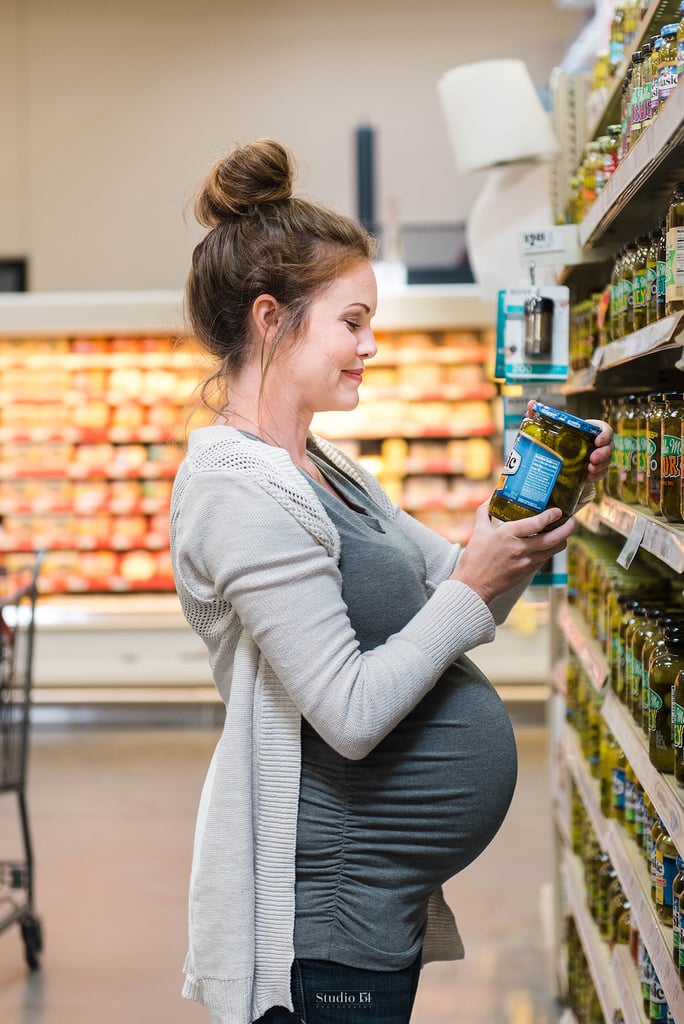
- Chocolates and chocolates : Enjoyment is guaranteed with them. This is a good antioxidant.
- Pretzels . They help to better cope with nausea.
- Pickles : Pregnant woman can choose any canned food. A strong aroma can cause appetite. It's the same with spicy food. They should be used with caution because they can cause stomach discomfort. nine0006
- Fruit, especially sour as in the case of strawberries. They contain a lot of vitamin C, and it is this level that decreases during pregnancy. He also provides the mother with sugar.
- Cheese and dairy products : It probably tastes so good that the body of a pregnant woman needs calcium. However, during pregnancy, you need to be very careful with cheeses and unpasteurized milk. They should be consumed in moderation. Yoghurts are healthy, fast and appetizing food. nine0006
Features of cravings
- There is such a phenomenon as "Pika", in which pregnant women feel the desire to eat substances that are not food.
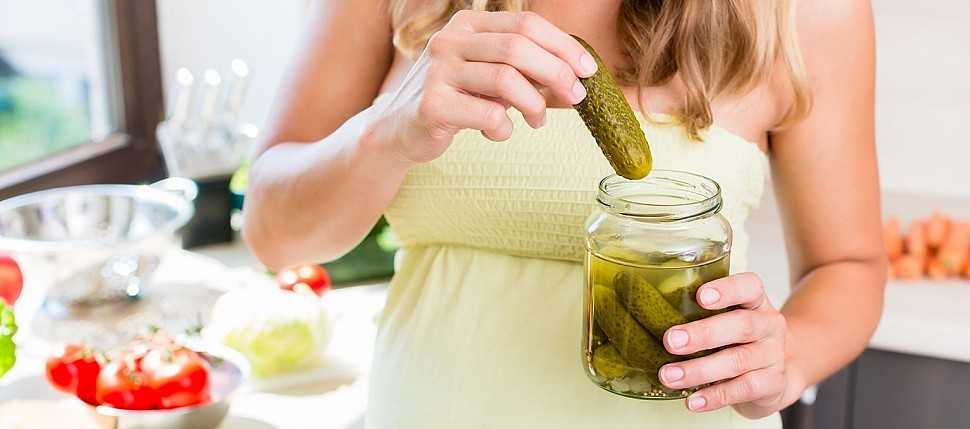 eg dirt, chalk or stones. It has not been proven to have anything to do with the state of pregnancy.
eg dirt, chalk or stones. It has not been proven to have anything to do with the state of pregnancy. - The traditional saying guarantees that the gender of the unborn child if she is a girl, this is due to the consumption of sweets such as cakes or chocolate. If I were a child, cravings would be more salty and spicy, like chili peppers, tabasco, pipe... Obviously, a person's gender does not depend on food. nine0006
- Legends say that this unusual appetite is caused by the child and if it is not satisfied, the child may develop spots of the shape or color of inedible food.
- Another idea is that in order to be considered a craving, you must desire junk food .
True cravings
- Baby no will suffer the consequences of as a result of not eating the desired food.
- La the body's need for nutrients, minerals or Vitamins , weakness .
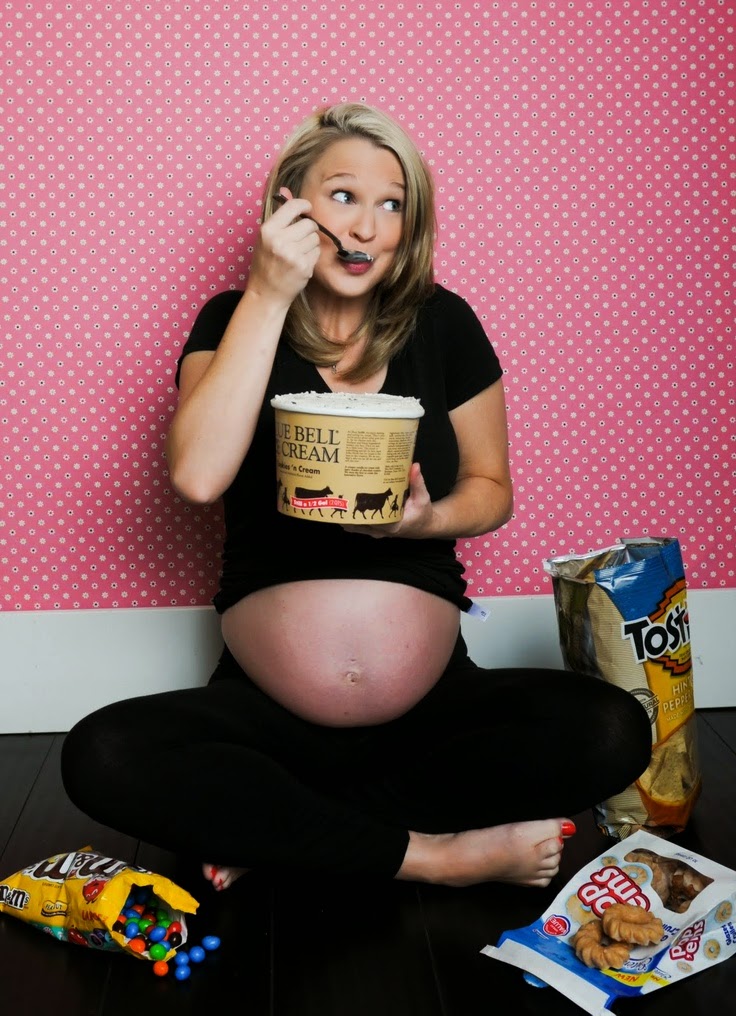 .., can make you crave special foods rich in them.
.., can make you crave special foods rich in them. - Craving may be healthy .
- Pregnant women should not indulge in appetite and control themselves. They must not eat for two .
Relationship between desire and weight gain
They say that in order to be considered a craving, you have to crave junk food. nine0019
A pregnant woman should take care of herself, follow a meal plan and eat the healthiest food possible. Gaining many kilograms is not optimal for either the mother or the child. , especially next day delivery. Ideally, gain about 10-12 kilograms, but medical control and the fact that it is he or she is important. The matron are those who guide the mother and help her in this process.
It is important to differentiate age and starting weight from one pregnant woman to another, weigh whether she is doing sports normally, whether she leads an active lifestyle, whether she suffers from any disease, such as diabetes, obesity, and in this case, take the weight should be less than .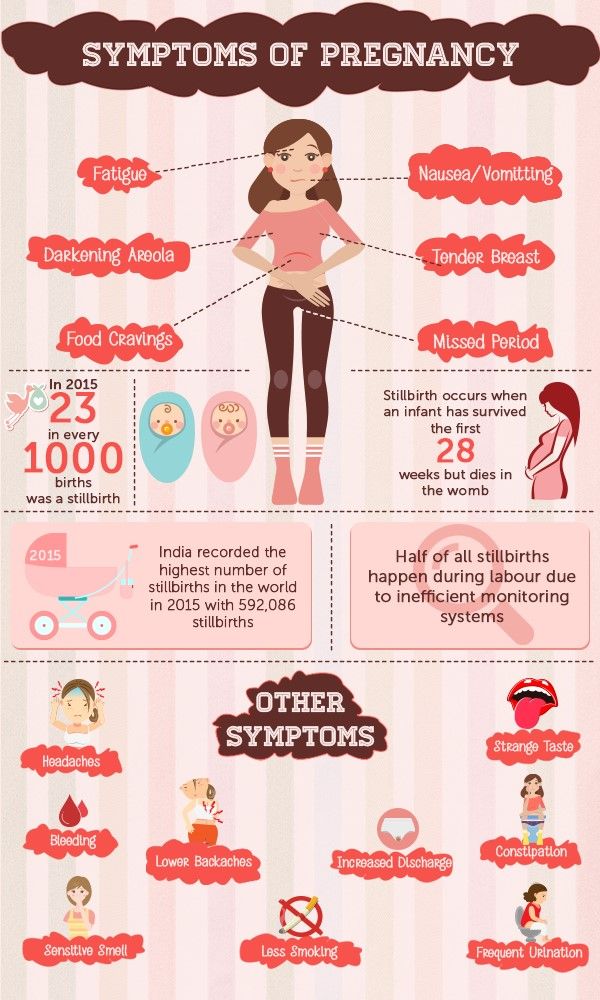 .. Cannot use the same scale for all . Even before pregnancy, a woman is advised, if she has not already done so, to start exercising and try to live as healthy a lifestyle as possible.
.. Cannot use the same scale for all . Even before pregnancy, a woman is advised, if she has not already done so, to start exercising and try to live as healthy a lifestyle as possible.
Drink plenty of water, eat plenty of fruits, vegetables, meat and fish. ... And avoid as many complex carbohydrates as possible, you need to eat rice or bread. Everything you need to fully nourish the table and meet the needs of mother and child. Weight is gained not only from eating, but also from the placenta amniotic fluid, baby, breast augmentation…, everything will eventually make up the final weight, and on the day of delivery, some of this weight will disappear, and another in the following days, weeks or months.
How to deal with cravings?
In case of food cravings, it is best to make a meal plan and choose between foods with a higher nutritional content . You need to choose foods rich in proteins, vitamins .